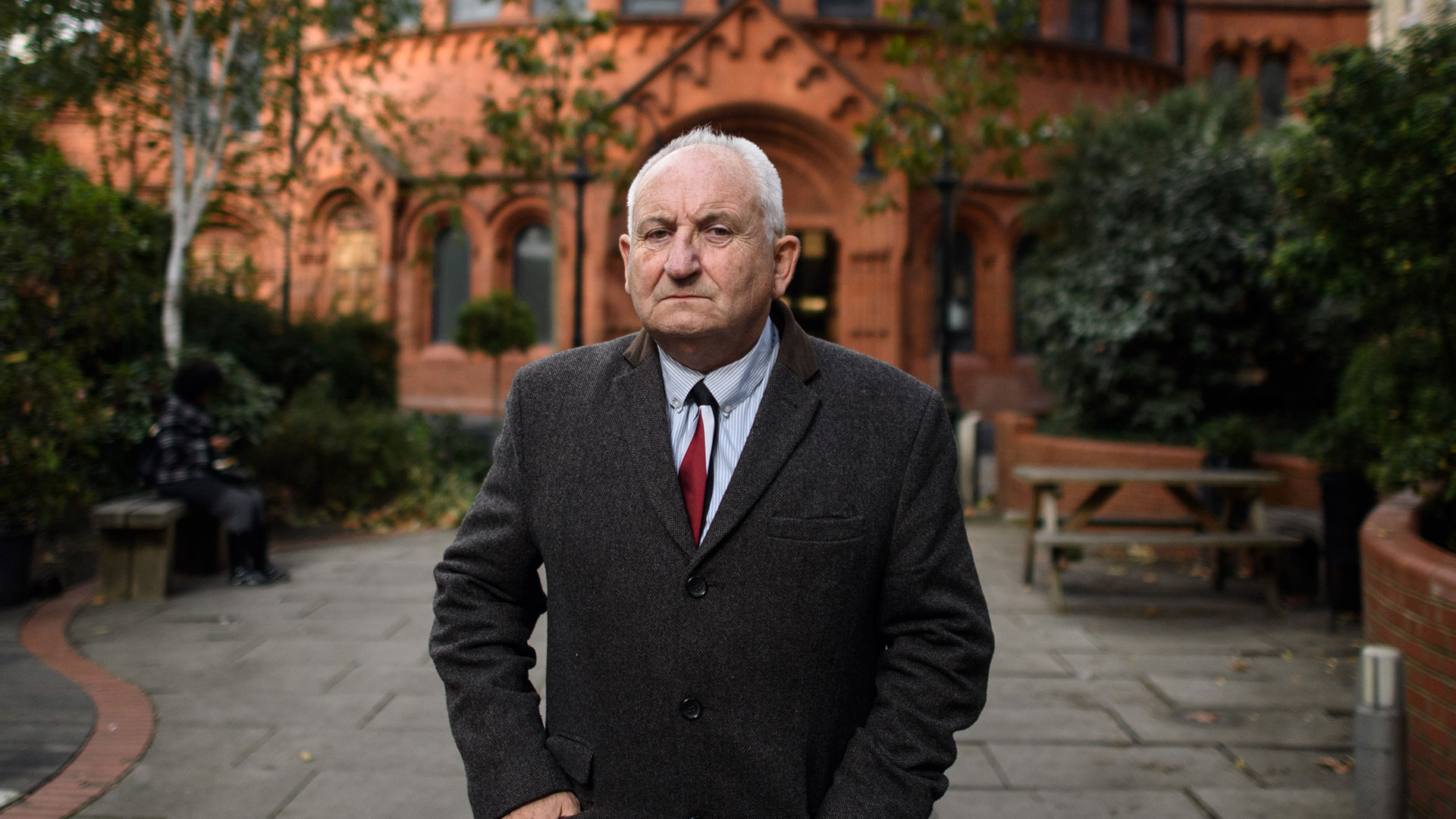But I maintain that if you’re not, at the same time, also carrying around in your work, thinking and actions ‘tomorrow’, then you’re likely to be only treading water. You have to be responding as finely and as effectively to today’s crisis and – at the same time – working to stop the crime of need and poverty from happening in the first instance.
For instance, it would be like having a health service that only concentrated on treating sickness (the presenting problem), rather than putting enormous efforts into preventing illness happening in the first instance.
I might accuse myself of being ironic here as that’s exactly what’s happened to the NHS over the last 50 years: it’s about more and more provision, with little work on more and more prevention.
The IFS (Institute for Fiscal Studies) says that health spending will have risen from 23 per cent of public service spending in 2000 to 29 per cent in 2010, and is set to reach 38 per cent by 2023. But despite all this investment, we’ve seen the complete obliteration of social medicine, which largely tries to stop people falling into ill health.
Austerity will serve its uses, but it will so screw up today that it makes tomorrow that much more difficult to achieve
Increasingly, but probably not yet deeply enough, health providers and planners are trying to stop today happening again tomorrow (even though they only pour four per cent of the budget into prevention). Everyone now, at least verbally, is so deeply into prevention that you don’t have to convince people that working on today and tomorrow simultaneously is madness, or some form of splitting the focus.
Last week we hosted a meeting with the libraries minister Michael Ellis (who also handles art, heritage and tourism in his bundle of responsibilities) and local government minister Rishi Sunak. The meeting was our pitch to ministers for long-term, sustainable library funding; including how libraries are almost part of a naturally occurring national health service.
You go to a library to read and inform yourself. But it’s also a place where you study and do your homework away from perhaps a noisy household. It’s where you meet other people and connect with them. Where loneliness and separation can be tackled. Where alienation and a sense of an empty community around you can be challenged in a kind of social hub of thoughtfulness and belonging.
Our discussion ended with a suggestion that perhaps a bit of the health and social care budget could be dropped into libraries because of their role as a preventer of illness, and because they bolster a sense of wellbeing; which can reduce hospital bed occupancy and visits to GPs and A&Es.
The yīn and yáng works because it suggests a holistic, nothing left out, view of the world. You embrace all things that are human and natural because you know that the knock-on effect of ignoring part of the human equation – poverty, homelessness, self-harming, loneliness – destroys (and costs) more than the savings you make by ignoring it.
And this of course is where we come to when it comes to austerity. You could see austerity as a device to just get us through the coming hour, day, week, month or year. It’s like saying, “bugger tomorrow!” Austerity has no legs to stand on. It will serve its uses, at times, but it will so screw up today that it makes tomorrow that much more difficult to achieve.
At The Big Issue, we’re always trying to demonstrate through our work that today is good when it’s slammed up against tomorrow. That it’s essential to help today, but equally important to create a better tomorrow.
What next? We know the education and social machinery that produces us and our culture needs a big overhaul. We need to educate, invest and skill-up out of poor health, homelessness, crime and illiteracy.
I don’t for one moment suggest we should concentrate on any one thing. Let’s instead try to find a holistic view on it all.









